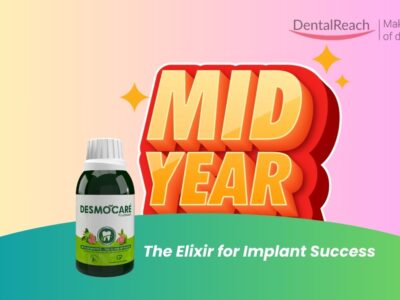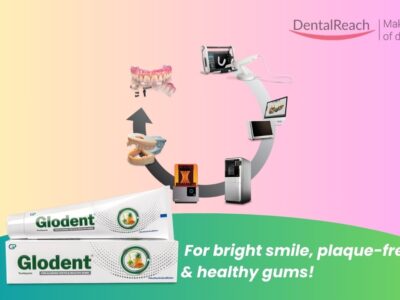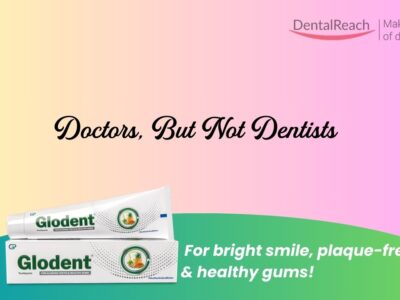Editorial for Volume 6, Issue 9
In today’s digital age, navigating the vast sea of online information can be daunting, especially when it comes to dental content. With so many sources available, how do you choose the most accurate and reliable information? Let’s explore how you can effectively sift through the noise to find trustworthy dental content.
Understand your information sources
To discern credible dental information, start by evaluating your sources. Reliable content often comes from:
- Professional associations like the American Dental Association.
- Peer-reviewed journals which publish research by dental experts.
- Reputable healthcare websites such as WebMD or Healthline.
- Verified dental practitioners and clinics with a known reputation.
Choosing sources backed by professionals reduces the risk of encountering misinformation.
Check for author credentials
When reviewing dental articles or posts, look for author credentials. Authors with a background in dentistry or related health sciences are more likely to provide accurate information. Key credentials to watch for include:
- Dentists (DMD or DDS)
- Dental hygienists or therapists
- Academic researchers in dental health
These credentials signify expertise and reliability.
Evaluate content quality
High-quality dental content often exhibits certain traits. Scrutinize the information by considering:
- Clarity and accuracy: Is the information explained clearly and accurately?
- Citations and references: Does the content include references to studies or statistics?
- Up-to-date information: Is the content recent and updated as dental practices evolve?
Being mindful of these elements ensures you’re accessing well-researched and factual content.
Be cautious with user-generated content
Social media platforms and forums can be breeding grounds for misinformation. While these platforms facilitate discussion, not all user-generated content is reliable. When engaging with content on:
- Forums like Reddit or Dental Town
- Social media platforms such as Instagram or TikTok
Approach with a critical eye and cross-reference the information with verified sources.
Use structured approaches like tables for comparison
Organizing information using tables can help when comparing different options or treatments. For instance, if you’re evaluating dental products:
| Product | Average Rating | Key Features |
| Whitening Kit | 4.5/5 | Vegan, enamel-safe |
| Electric Brush | 4.7/5 | Smart sensors, customizable |
Consult with professionals
Finally, nothing beats consulting directly with dental professionals. Regular check-ups or consultations provide personalized advice that online research cannot replace. Dentists have firsthand insight into your oral health and can provide the most accurate recommendations.
In conclusion, by understanding your information sources, checking author credentials, evaluating content quality, being cautious with user-generated content, and consulting with professionals, you can navigate the information floods and select accurate dental content confidently. Prioritize accuracy and reliability to maintain optimal dental health.
Bonus – Current Issue Curated Content
- Motivational Interviewing in Dental Practice – a goal-oriented counseling style where rather than lecturing, the dentist partners with the patient to draw out the patient’s own motivations.
- Gingiva and the heart – is there really a link? – discusses shared risk factors for cardiovascular diseases and periodontitis – and the mechanisms by which the latter can directly affect the former.
- Connection between tooth loss and glycemic control – even with oral hygiene measures: those with diabetes (HbA1c ≥ 7.0%) had greater tooth loss, even with dental care, compared to those without diabetes or with well-controlled diabetes.
- The Essentials of Incisions & Flap Designs in Implantology– delving into the essentials of incision placements and flap designs, emphasizing its importance in ensuring optimal surgical outcomes.
- A Novel Method to Treat Peri-Implantitis–suggesting that use of anti-oxidant products, such as Desmocare mouthwashes, may prove beneficial for long-term prevention of peri-implantitis.
- Micro-resets for Dentists: A 60-Second Way to Stay Sharp in the Chair– discusses a brief, science-backed technique that can be done in under a minute between patients to help dentists stay focused, reduce tension, and support long-term career sustainability.




















Comments